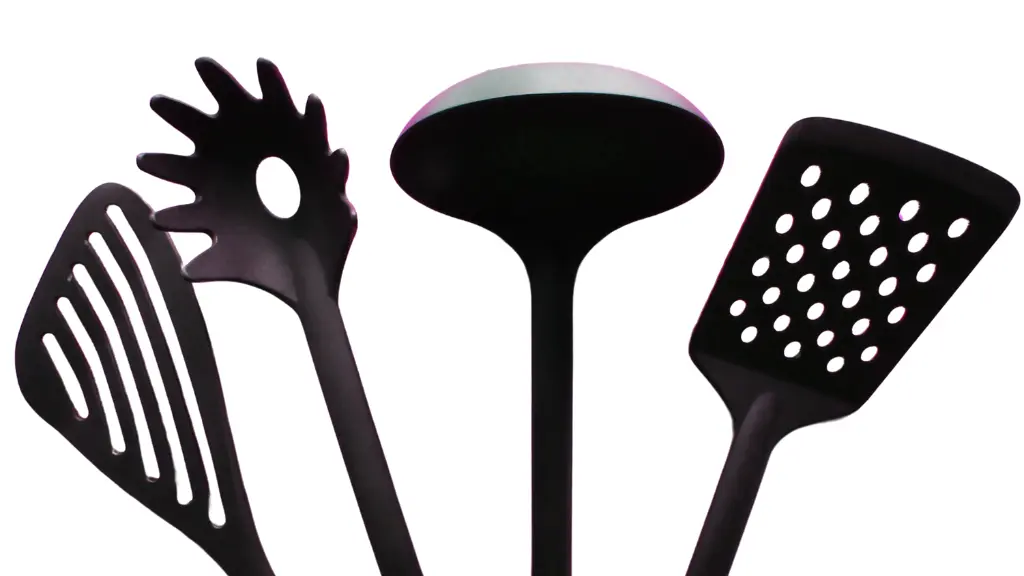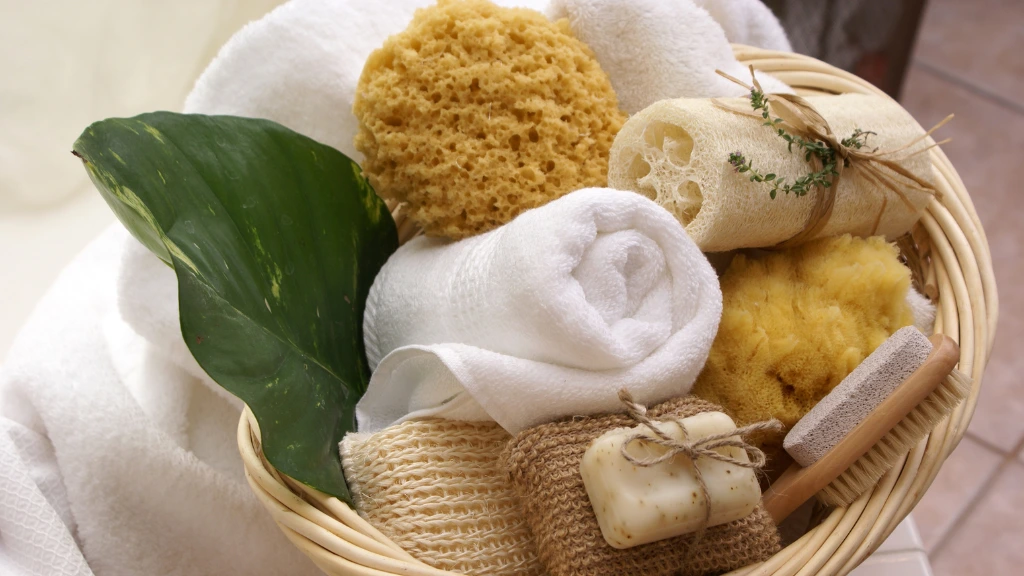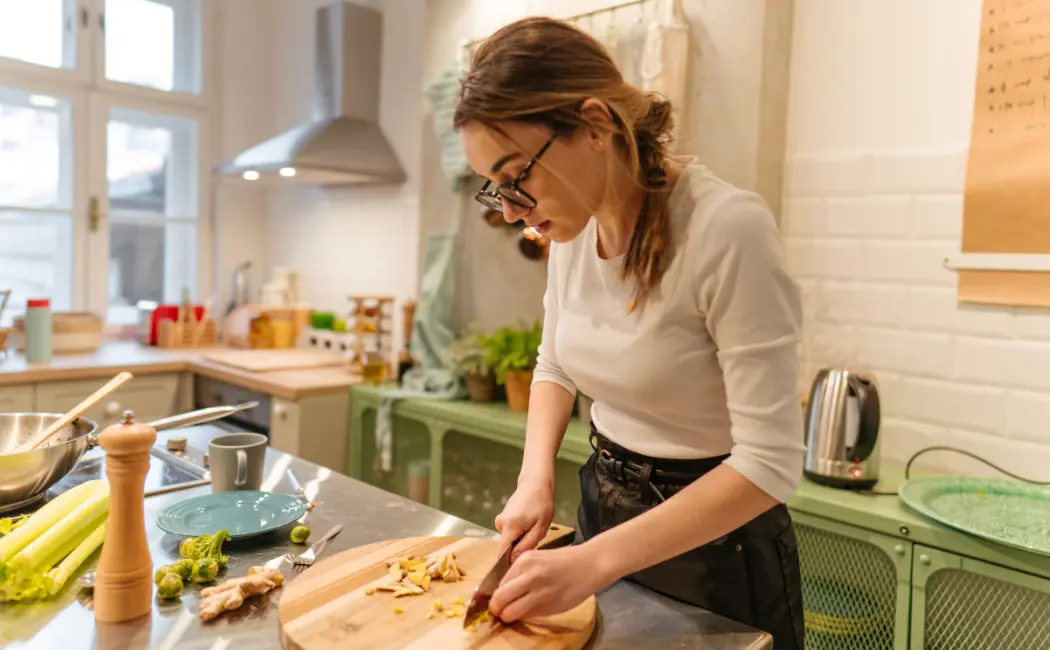A black plastic spatula is a staple in many kitchens. It’s versatile, affordable, and works with nonstick cookware. But recent concerns about kitchen tool safety have many wondering: Is it time to toss it out?
From potential toxic chemicals to safer alternatives, this article explores whether your black plastic spatula is truly a keeper—or a risk.
You May Also Like: Statement Cuffs and Bangles: The Bold Jewelry Trend Taking Over This Season
What’s the Concern About Black Plastic Utensils?
Plastic kitchen utensils, especially those made from black plastic, are raising red flags among health and safety experts.
Potential Issues Include:
- Toxins Released When Heated:
- Many plastics release harmful substances, like BPA and phthalates, when exposed to high temperatures.
- Black plastic utensils may also contain recycled materials with unknown chemicals.
- Degradation Over Time:
- Scratches and cracks on plastic utensils can harbor bacteria.
- Worn-out spatulas are more likely to leach harmful chemicals into your food.
- Unknown Origins of Black Plastic:
- Black plastics often come from recycled electronic components.
- They may contain traces of heavy metals or flame retardants.
Health Risks Associated With Toxic Plastics
Using a damaged or low-quality plastic spatula can expose you to various health risks.
Common Concerns:
- Hormone Disruption: Chemicals like BPA mimic estrogen, leading to hormonal imbalances.
- Cancer Risk: Some additives in plastics are linked to carcinogenic effects.
- Immune System Damage: Persistent exposure to toxins can weaken immunity over time.
Although these risks depend on the type and condition of the plastic, it’s better to err on the side of caution.
Signs It’s Time to Replace Your Spatula
Not all plastic spatulas need to be thrown out immediately. Here’s how to determine if yours is still safe.
1. Visible Damage:
- Cracks, scratches, or melted areas are signs of wear and tear.
- Replace any utensil that shows signs of degradation.
2. Persistent Odors:
- If your spatula retains a burnt or chemical smell, it’s time to toss it.
- Lingering odors suggest that the plastic may be breaking down.
3. Non-Food Grade Material:
- Check if your spatula is labeled “BPA-free” or “food grade.”
- If not, consider replacing it with a certified safe alternative.
Safer Alternatives to Plastic Spatulas
Luckily, there are many non-toxic, durable options to replace your plastic spatula.
1. Silicone Spatulas
- Heat-resistant and flexible.
- BPA-free and safe for nonstick cookware.
- Great for both cooking and baking.
2. Wooden Utensils
- Naturally non-toxic and eco-friendly.
- Suitable for stirring, flipping, and serving.
- Avoid leaving wooden tools in water for extended periods to prevent cracking.
3. Stainless Steel Spatulas
- Durable and long-lasting.
- Ideal for high-heat cooking, especially grilling.
- Not suitable for nonstick surfaces as they can scratch the coating.
4. Bamboo Utensils
- Lightweight, sustainable, and affordable.
- A great choice for environmentally conscious cooks.
- Similar care requirements as wooden utensils.
Eco-Friendly Tips for Disposing of Old Spatulas
If you decide to part with your black plastic spatula, consider eco-friendly disposal options.
- Recycle:
- Check local recycling programs to see if they accept kitchen plastics.
- Ensure the spatula is clean and free of food residue.
- Upcycle:
- Use old spatulas as gardening tools or craft supplies.
- Repurposing helps reduce waste.
- Dispose Responsibly:
- Avoid throwing plastics in the trash.
- Consult waste management services for proper disposal.
Tips for Maintaining Safer Utensils
To extend the life of your utensils and ensure safety, follow these maintenance tips:
- Avoid High Heat: Don’t expose utensils to temperatures beyond their rated limit.
- Hand Wash: Skip the dishwasher to prevent warping and cracking.
- Inspect Regularly: Check for wear and tear to catch issues early.
What Do Experts Say?
While the occasional use of a black plastic spatula may not pose immediate harm, experts suggest prioritizing safer options.
Expert Recommendations Include:
- Investing in high-quality, certified food-safe tools.
- Avoiding utensils made of questionable recycled materials.
- Replacing plastic tools every 1–2 years to minimize risks.
Should You Throw It Out? Final Verdict
The answer depends on the quality, age, and condition of your spatula.
Throw It Out If:
- It shows visible signs of wear.
- It’s made of non-food-grade plastic.
- You’re concerned about potential health risks.
Keep It (For Now) If:
- It’s in good condition and labeled as BPA-free or food-safe.
- You plan to replace it with a safer option soon.
Ultimately, switching to non-toxic alternatives is a small but impactful step toward healthier cooking habits.
Conclusion
The trusty black plastic spatula may have served you well, but it’s worth reconsidering its place in your kitchen. With growing concerns about plastic safety, transitioning to silicone, wood, or stainless steel is a smart move.
Making the switch not only protects your health but also contributes to a more sustainable lifestyle. So, next time you’re flipping pancakes or sautéing vegetables, let a safer spatula take the lead.












[…] You May Also Like: Is Your Black Plastic Spatula Safe to Use? […]